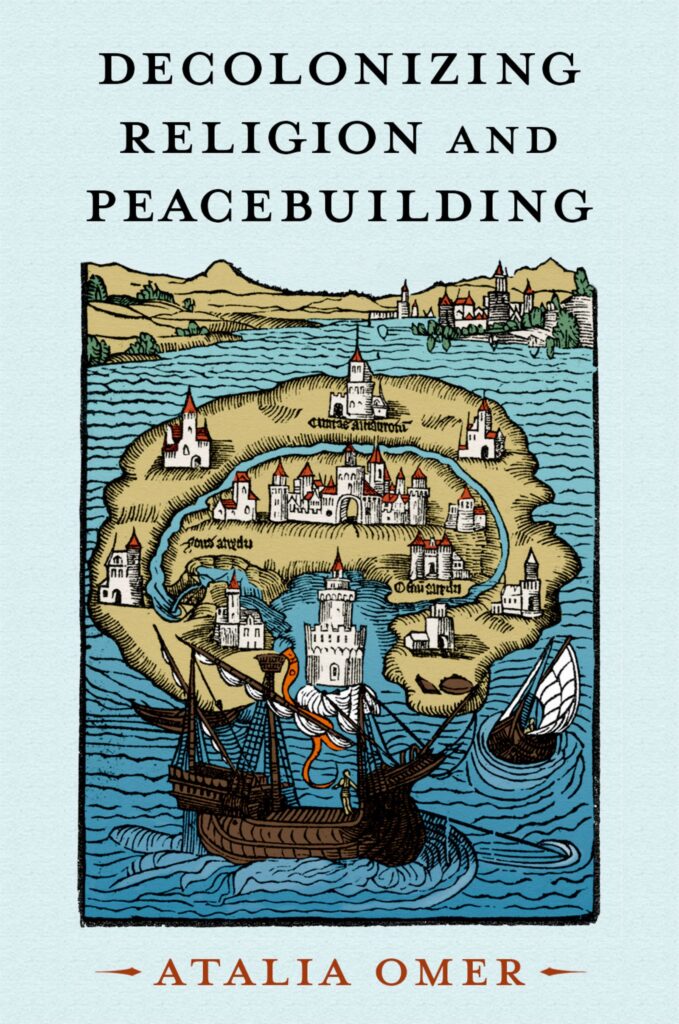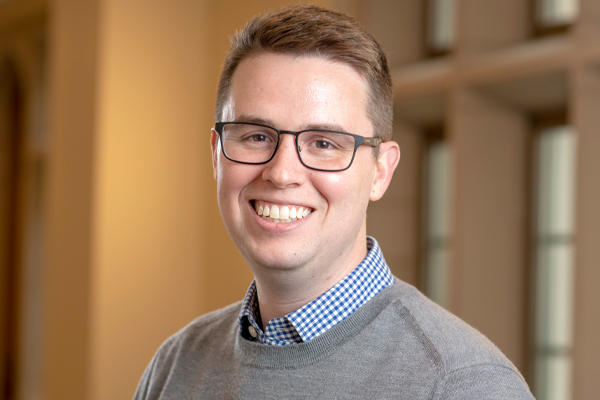 In academic work on and among the organizations that carry out peacebuilding across the globe, there is a common refrain one hears about the opposition between “theory” and “practice” in addressing conflict. For practitioners seeking to build peace in difficult circumstances, theories about the causes of conflict can appear as a luxury of scholars who conduct their work without having to bear the consequences of it among real people. For theorists, those who practice peacebuilding in the field without engaging in theoretical reflection on it risk unwittingly supporting institutions and systems of knowledge that maintain the oppression of marginalized groups.
In academic work on and among the organizations that carry out peacebuilding across the globe, there is a common refrain one hears about the opposition between “theory” and “practice” in addressing conflict. For practitioners seeking to build peace in difficult circumstances, theories about the causes of conflict can appear as a luxury of scholars who conduct their work without having to bear the consequences of it among real people. For theorists, those who practice peacebuilding in the field without engaging in theoretical reflection on it risk unwittingly supporting institutions and systems of knowledge that maintain the oppression of marginalized groups.
Atalia Omer’s Decolonizing Religion and Peacebuilding disrupts this binary. Focusing on the pitfalls of theory without practice and practice without theory, she makes the case that reframing religious peacebuilding as a decolonial praxis which confronts the realities faced by those on the ground is the best path forward. For Omer, decolonial theory offers resources for thinking through how colonial structures—including neoliberalism, secularism, and the “world religions” paradigm—continue to operate in the background of many well-intended peacebuilding projects. This risk of continuing peacebuilding without challenging these structures is that peacebuilding practices will be co-opted by neocolonial forces and people’s suffering will continue. On the other hand, however, Omer worries that decolonial theory risks obscuring the agency of on-the-ground peacebuilders who might have no other choice than to engage with a peacebuilding industry constructed by colonizing powers.
In fieldwork in the Philippines and in Kenya, Omer documents the intersection of the peacebuilding industry with the challenges faced by those who have suffered the recent scars of communal conflict and the longer scars left by colonialism. What she finds is that it is necessary for those invested in decolonial visions of justice, as Omer herself is, to listen to those on the ground. The result of such listening, she says, is that “something more” than what neoliberal and colonial paradigms would predict results from peacebuilding (20). This something more, Omer later refers to “decolonial openings.” Here, in spite of being born out of the hegemonic forces of colonialism and empire, peacebuilders find ways of connecting that exceed those boundaries: “Such openings include the love and friendships generated through relational but also intra subjective peace islands where people overcome hate, mistrust, and suspicion” (253).
In his response to Decolonizing Religion and Peacebuilding, Robert Orsi goes to the heart of the philosophical, theological, and ethical challenges that Omer’s book raises. Orsi contends that the decolonial openings Omer references betray a kind of secular vision of religious peacebuilding that the book otherwise resists. By naming this decolonial opening as indicative of an ethics, religion is reincorporated into a secular/Enlightenment worldview. Orsi argues that global warming and other worldwide crises are likely to increase migration to the US and Europe, places which have built their wealth via colonial enterprises in the now developing world. To meet these people where they are, he contends, will require more than a welcoming ethics, but a willingness by those in the Global North to welcome new gods.
K. Christine Pae, meanwhile, explores Omer’s distinction between “doing religion”—i.e. instrumentalizing it for advancing specific peacebuilding goals—vs. “knowing religion”—i.e. having a deep understanding of historical religious traditions and their interpretations. She does so by reflecting on how these conceptualizations fit into her own work among a peacebuilding group of former sex workers in South Korea. She explores how their understanding of Christianity was shaped by their ostracization by Korean Christian churches and how this shapes their peacebuilding praxis. She also reflects on the role of syncretism in religious peacebuilding and the potential for Omer’s project to be part of the construction of transnational feminist knowledge.
J. P. Reed considers the conceptualization of agency with which Omer works in the book. He wonders, in particular, about how the possibility of revolutionary change fits into Omer’s understanding of agency. He then turns to a consideration of Omer’s treatment of intersectionality along with her relationship to the philosophical tradition of pragmatism. In putting the latter into conversation with Omer’s argument, Reed seeks to excavate what he sees as the philosophical assumptions that guide Omer’s thinking.
Finally, Emma Tomalin lays out key takeaways from Omer’s book for those working in Faith Based Organizations (FBOs). For Tomalin, Omer’s findings suggest a renewed focus on listening to on-the-ground-faith actors and critically reflecting on the structure and assumptions that guide FBOs. Tomalin’s essay is a helpful reminder that theory and practice are indeed necessary partners in advancing religious peacebuilding.
Decolonizing Religion and Peacebuilding asks the peacebuilding industry to look inward about the assumptions it makes about religion and its broader location within the ideological contours that shape modernity. The latter include neoliberal economic policies, secular assumptions about the usefulness (or lack thereof) of religion, and colonial political and epistemological structures. By grounding this inward reflection in fieldwork where NGOs are actively engaged in peacebuilding practices, Omer threads the needle between theory and practice that challenges narratives that seek to treat either as pure and/or untouched by the other.

